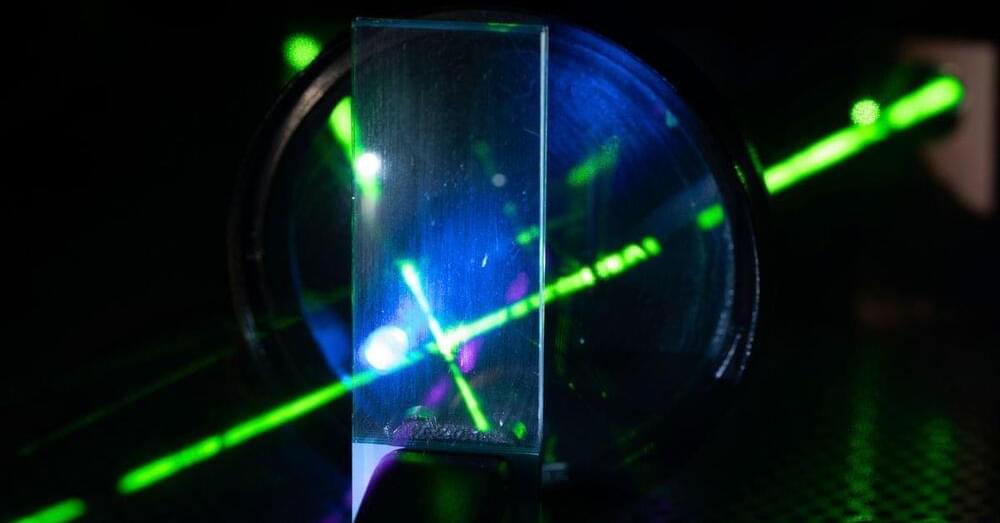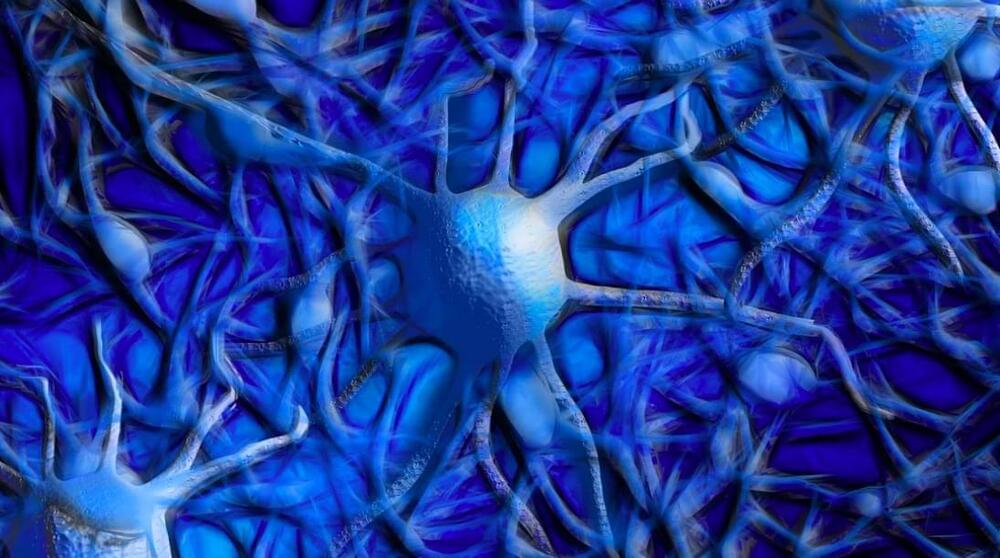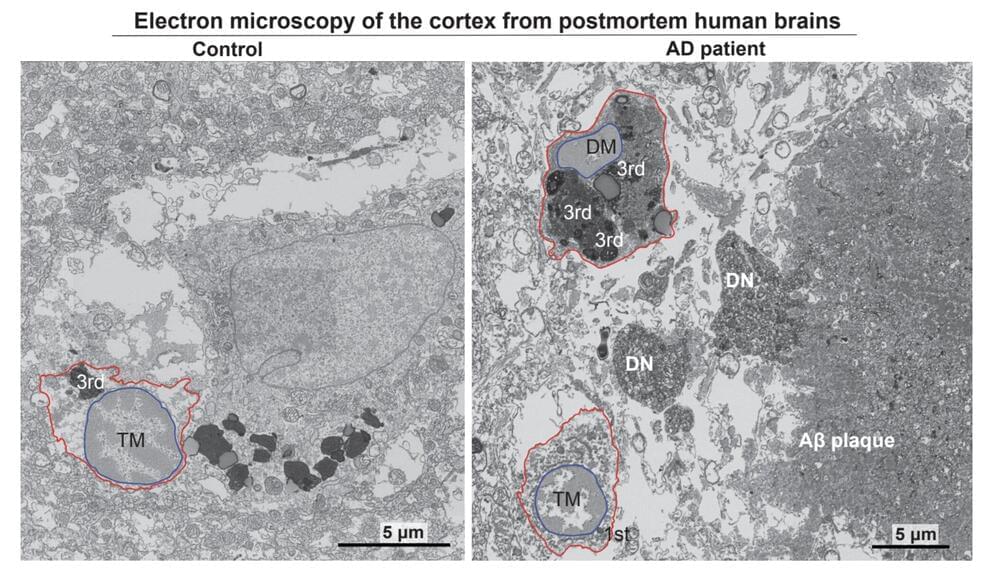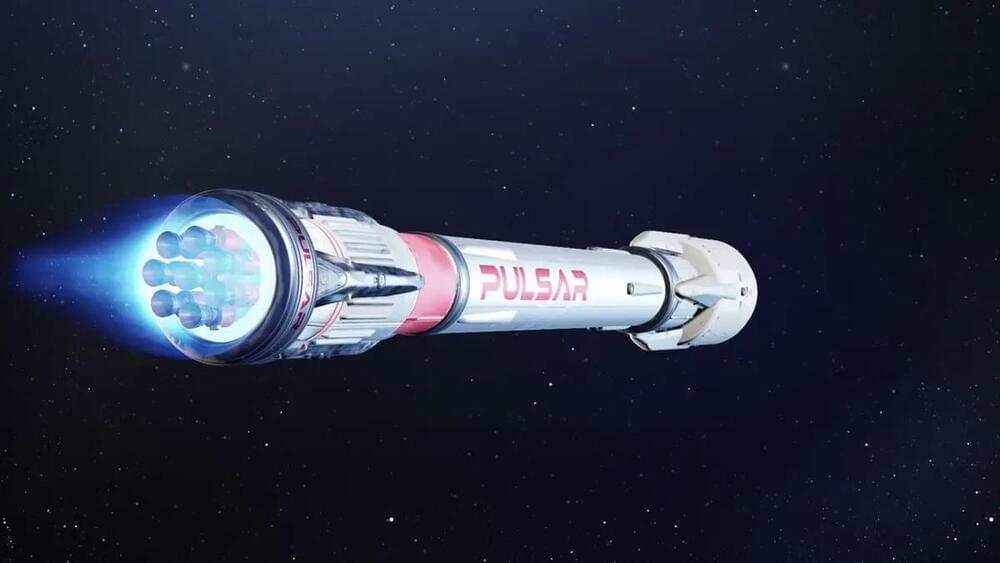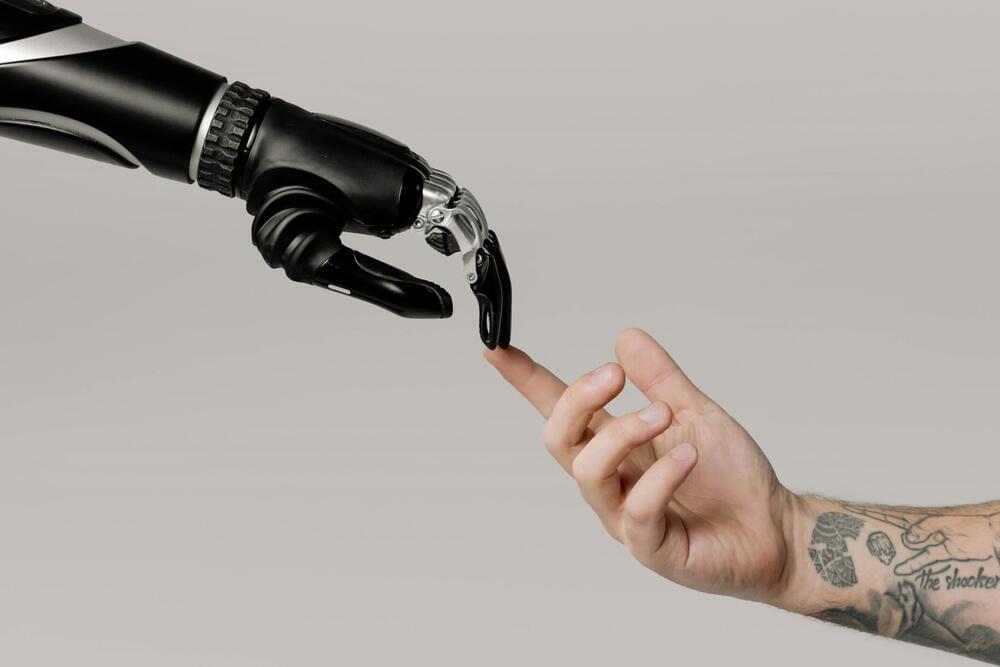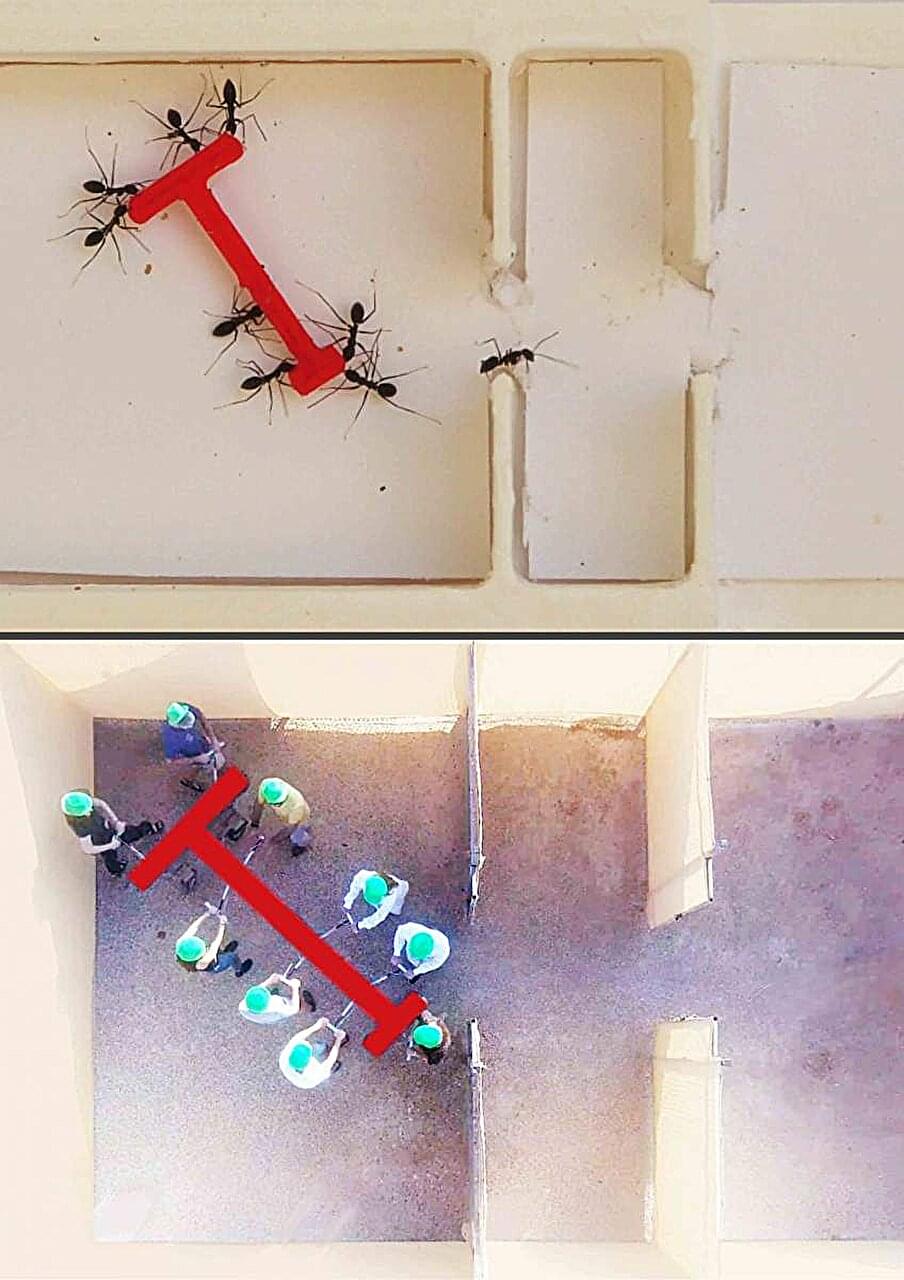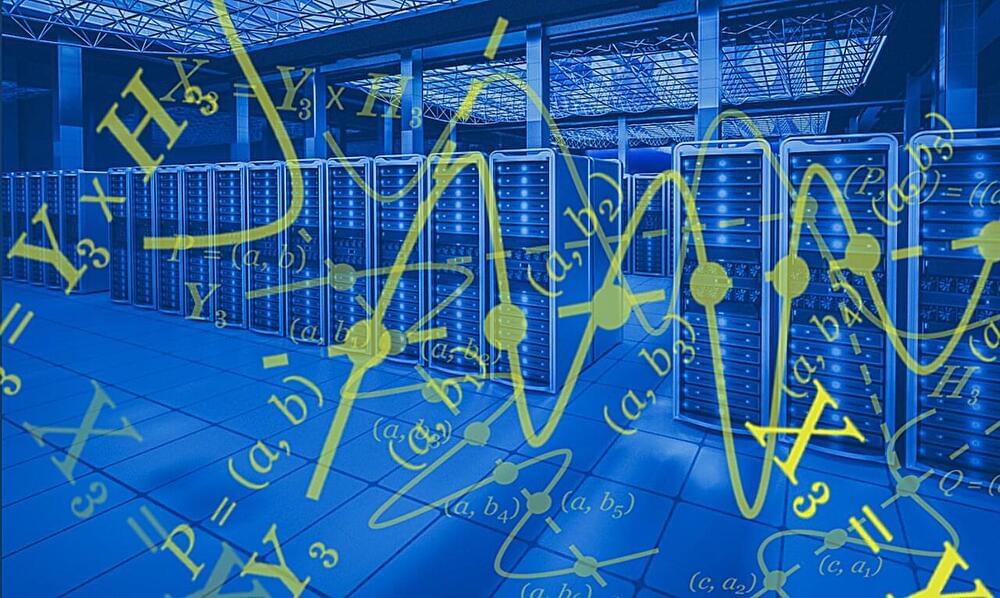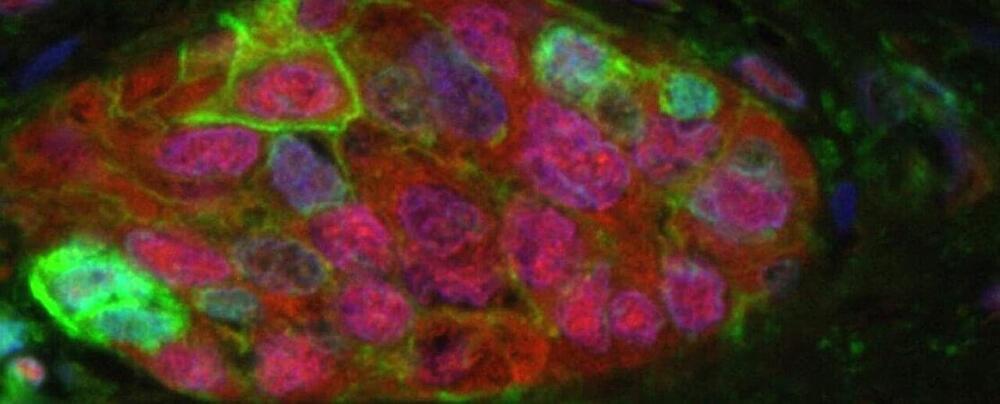
Whenever a sink overflows, the flooding is usually caused by a blockage that has built up in the drains. Similarly, as we age, our bodies are flooded by aging, or senescent cells, which have stopped dividing but, instead of dying, remain active and build up in body tissues. Recent studies have shown that getting rid of these cells might delay age-related diseases, reduce inflammation and extend lives. Despite the great potential, however, there is currently no drug that can target these cells directly and efficiently.
Now, Weizmann Institute of Science researchers suggest an alternative approach. In a new study published in Nature Cell Biology, they reveal that senescent cells build up in the body by clogging up the immune system, thereby preventing their own removal.
The scientists demonstrated in mice how to unclog this blockage using immunotherapy, the new generation of treatments that is revolutionizing cancer therapy. These findings could pave the way for innovative treatment of age-related diseases and other chronic disorders.
